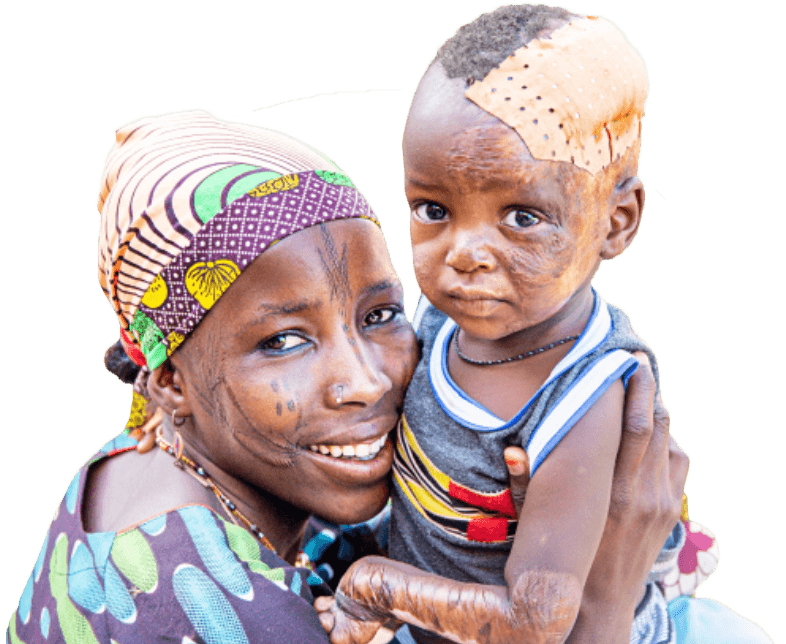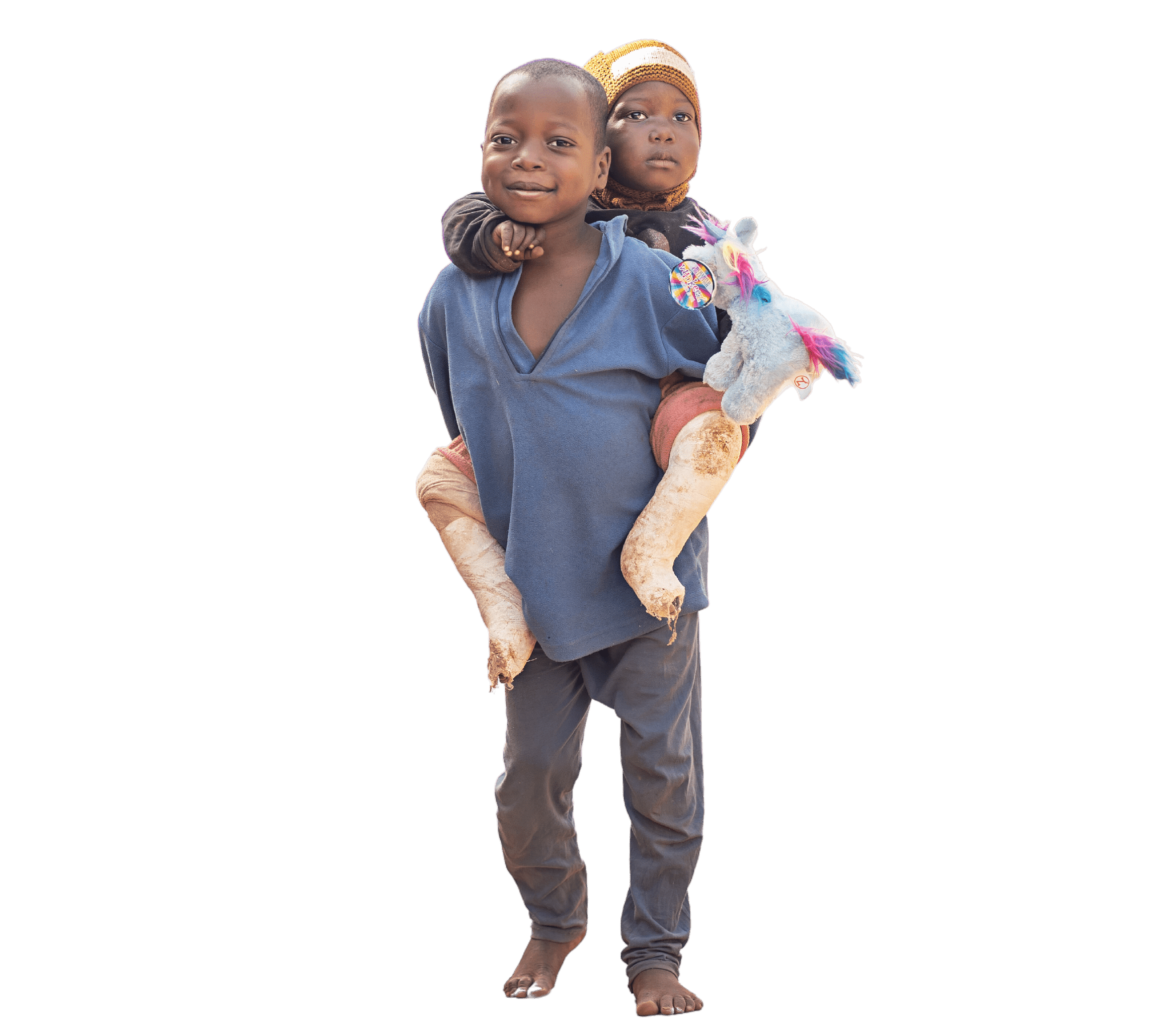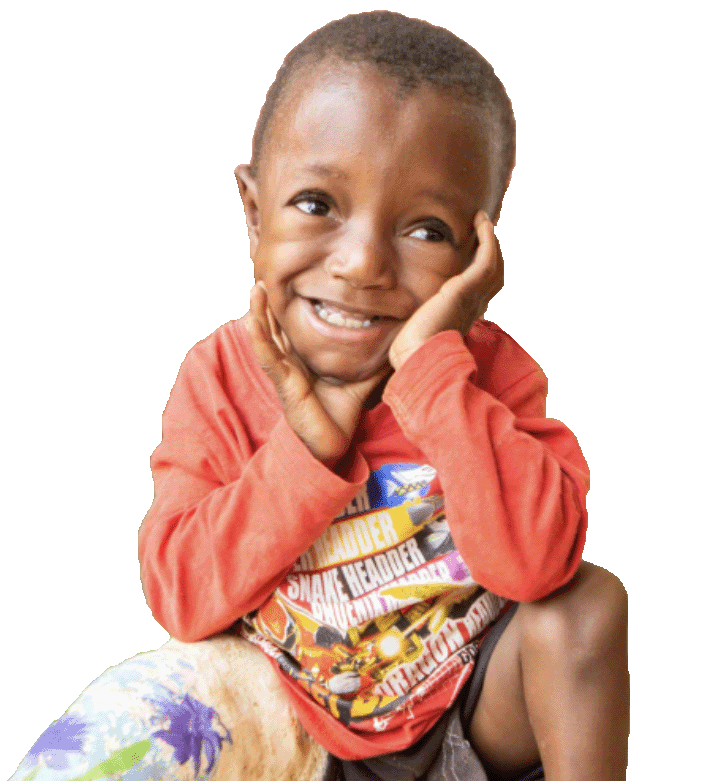Niger is a country that largely survives off of subsistence farming where each family grows just enough food to eat each year with very little leftover. As such, a person’s worth in society is directly linked to their ability to put in a hard day’s work in the fields. For the kids we treat here at CURE Niger whose disabilities prevent them from moving quickly or lifting much, they are pushed into a life on the outskirts of society. This can become an economic burden on their family making them dependent on the generosity of others, and in many cases, begging on the streets. The view that Nigeriens with disabilities are less valuable than others is firmly entrenched in the cultural mindset. It’s been around for centuries, and for many Nigeriens, it’s just the way things are.
As Christians, we’re called to think beyond the physical. We’re called to have a Christ-centered view of all people where worth is not dependent on how fast you can work or how much you can lift. We are all valuable because we are children of the most high God. At CURE Niger, we know this. However, we are all human and must fight the cultural conditioning of the wrong message. It’s entirely possible to serve people while subtly feeling superior to them. It’s both easy and tempting to believe the lies that we are better because our legs are straight, our feet are functional, or our hands are unburned. These are lies that must be actively fought against as we continually re-humble ourselves before God and before the children we serve.

To keep this important mission at the forefront of our minds, the staff at CURE Niger took part in a training titled The Rights of People with Disabilities taught by representatives from our partner organization CBM. The training dove deep into what it is like to live with a disability in Niger, and how important it is for people without disabilities to not just help people with disabilities but to support them to achieve for themselves.
CURE Niger exists to treat West African children with treatable disabilities, but there are a host of disabilities which simply aren’t treatable. “I was surprised at just how independent people with (non-treatable) disabilities can actually be,” our social worker Balki commented after the training. For our gardener, Amadou, seeing this independence demonstrated was an impactful takeaway, as the training was given by Mr. Siddo who is blind. For many Nigeriens, the only experience they have had with a blind person is the blind person begging on a street corner with a young nephew or niece acting as their guide. To see Mr. Siddo, a blind man, gainfully employed and in a position of respect was powerful!
It’s a tough task to overcome our cultural conditioning, but as Christians, we’re called to take on these tasks for the kingdom. We shouldn’t ask ourselves how our culture sees other people, but instead, we should ask how does Jesus see them.

About the CURE Children’s Hospital of Niger
CURE Niger has been a place of hope since opening its doors in 2010. Ours is the first and only hospital in the country to provide Christ-centered care and charitable surgeries for children with treatable disabilities. Our teaching hospital has 58 beds, two operating rooms, and an outpatient clinic. In addition to world-class medical care, our team ministers to the emotional and spiritual needs of our patients and their communities.


